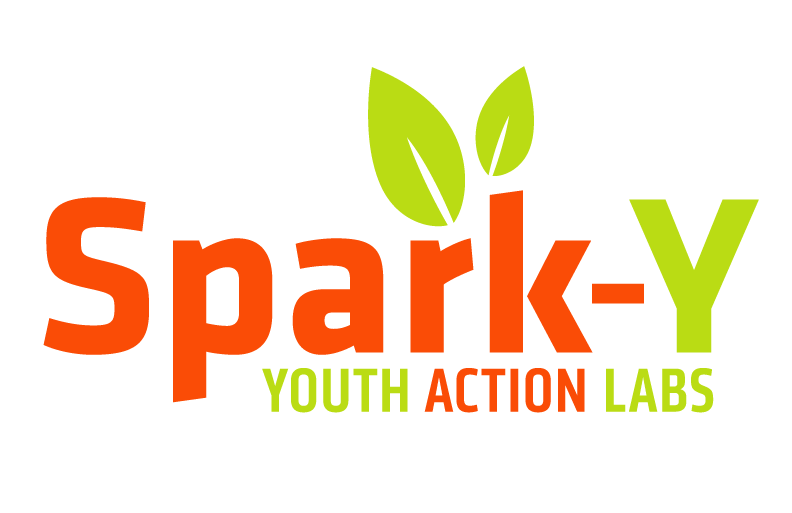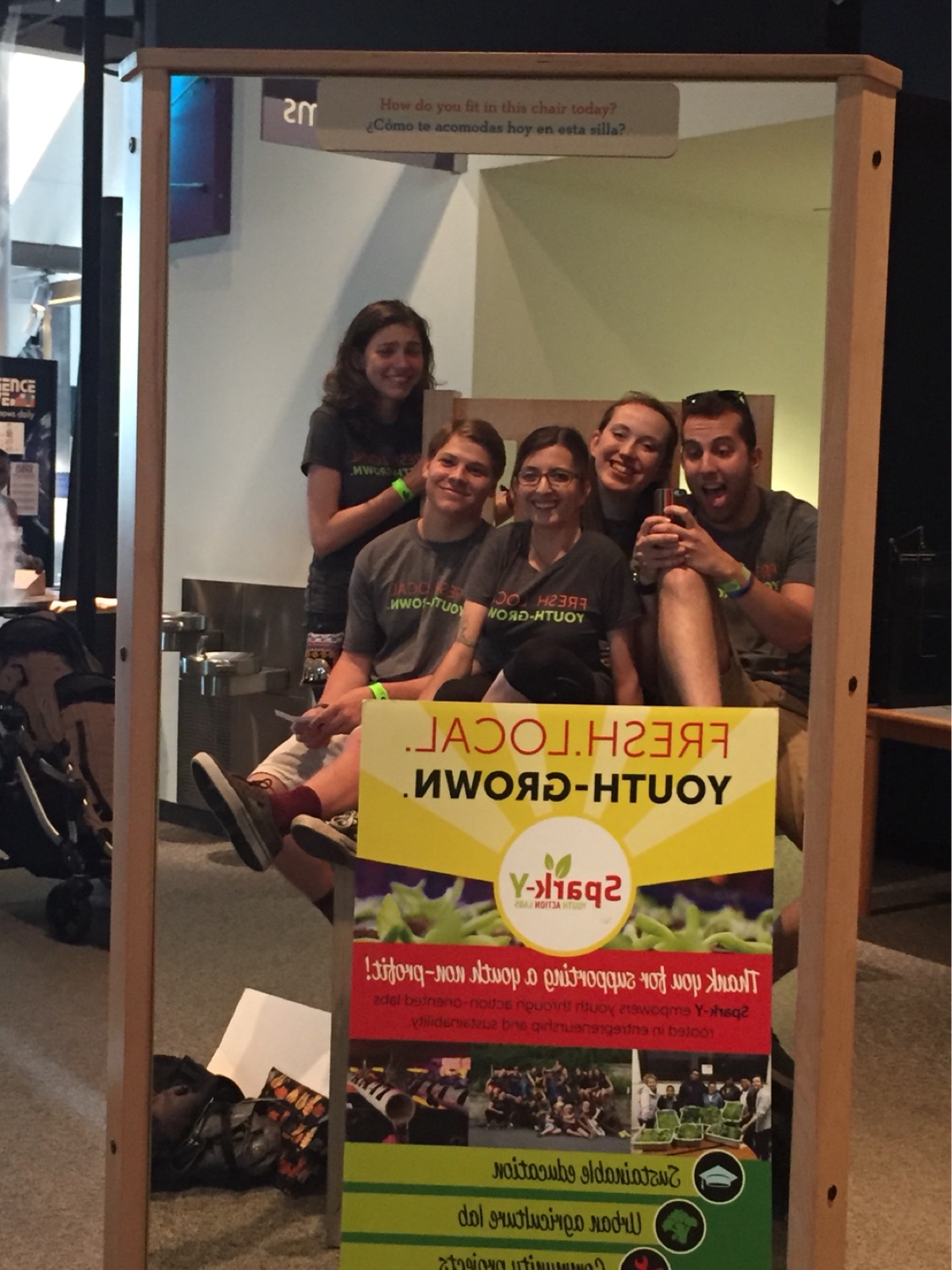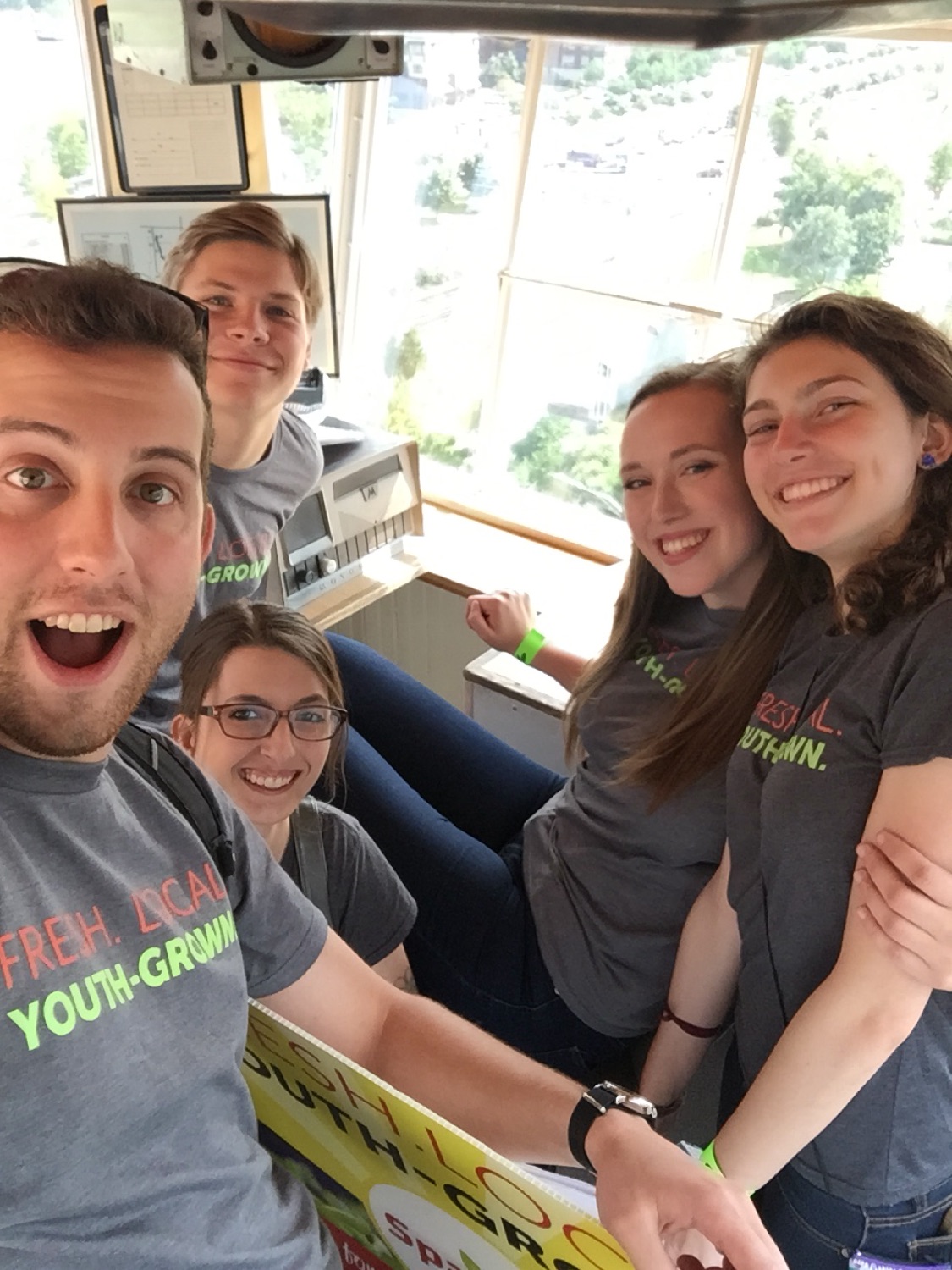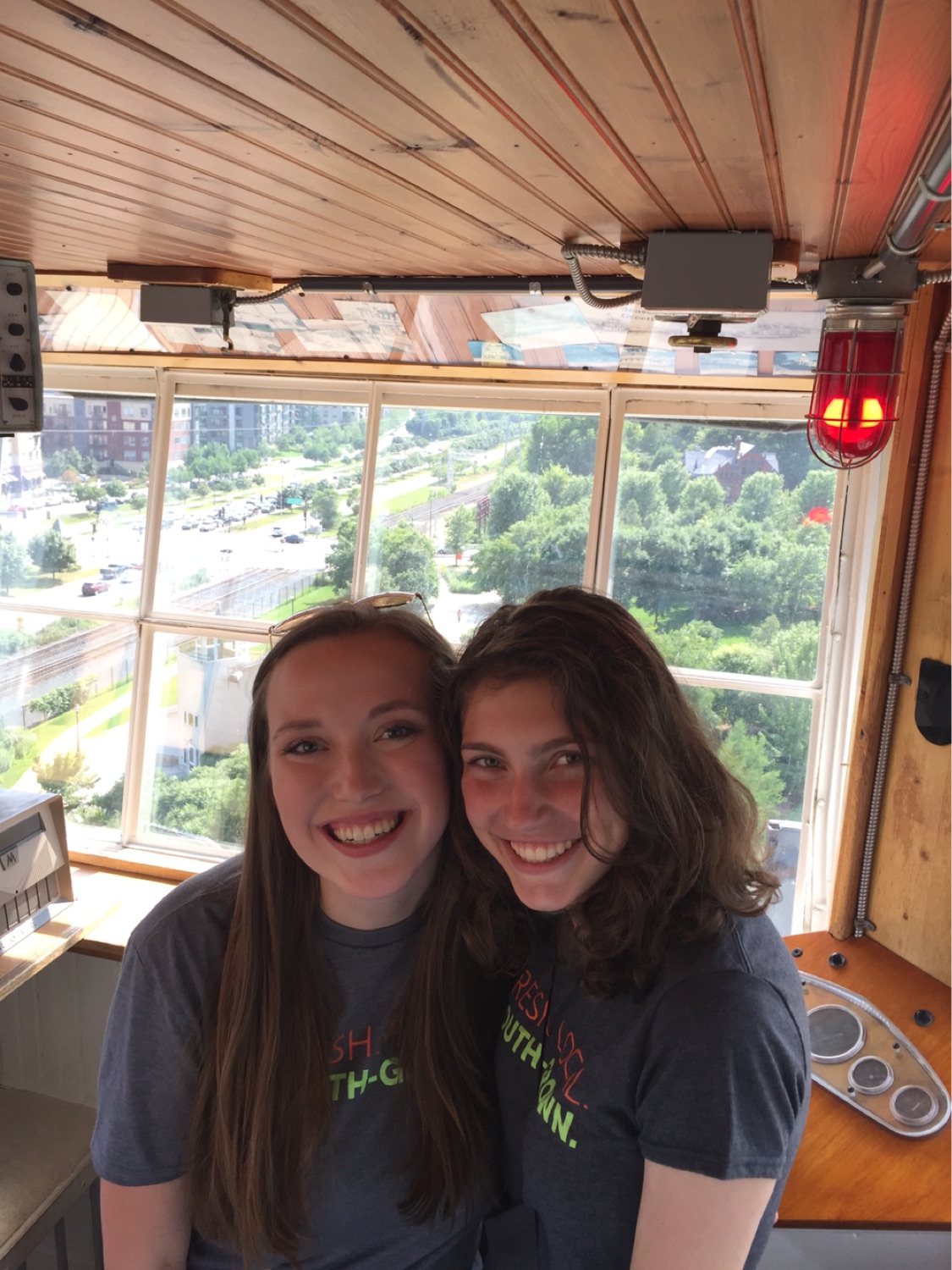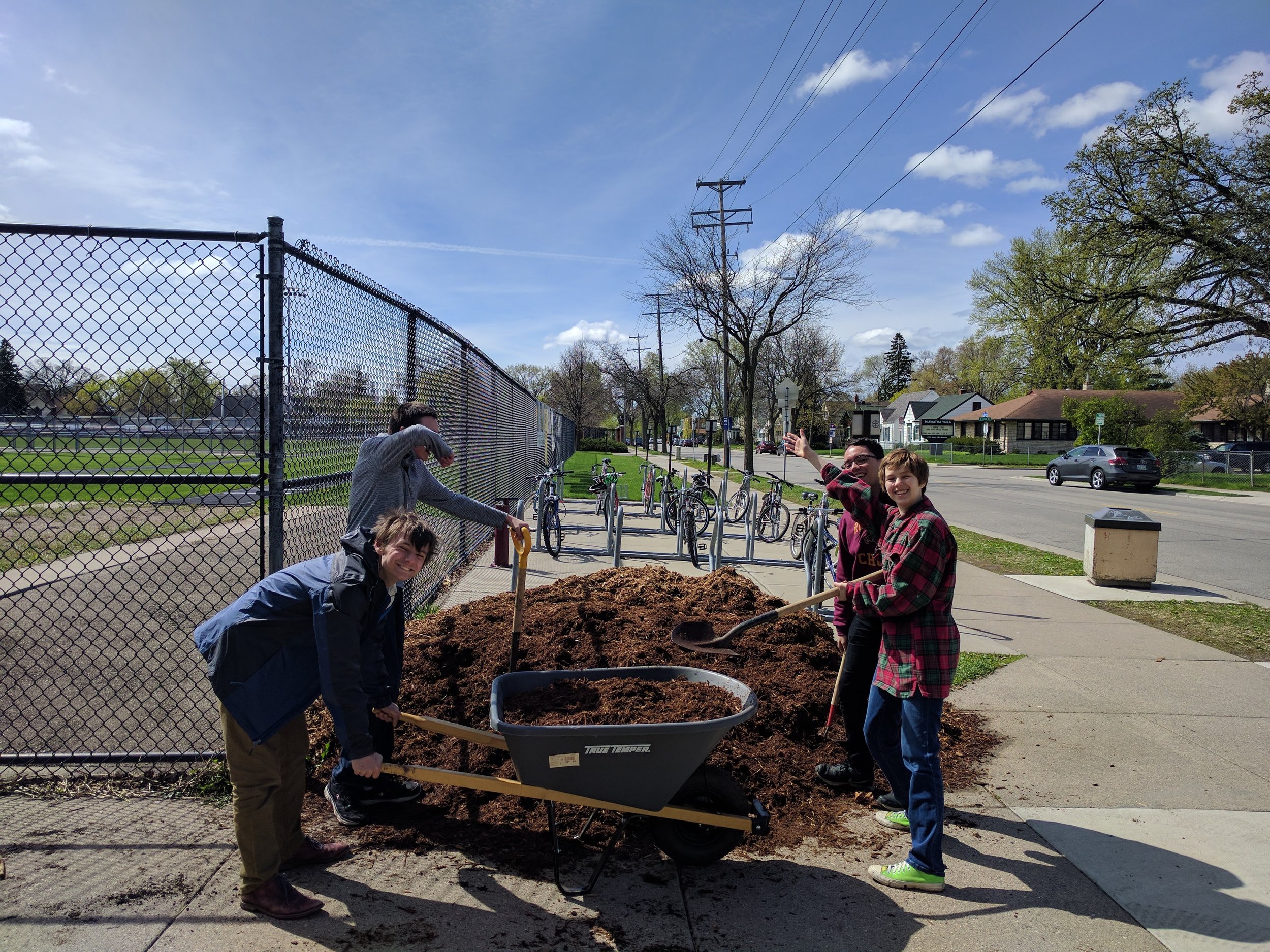“Our team is tasked with something new and challenging every day, shaping us into sustainably-minded entrepreneurs.”
This post chronicles 2017 Summer Internship
Urban Agriculture Outreach team's efforts.
Written by: Luke Carlson, Wil Larson, Sarah Ziskin, Claire Hueg.
Here at Spark-Y we are constantly seeking new innovations to create more tightly-knit food systems. We, as the Urban Agriculture Lab Outreach Team, aim to increase Spark-Y’s public presence.
During the first half of our internship, we made new restaurant partnerships and proved that alternative agriculture systems can still grow delicious and competitively priced produce. Increasing our restaurant presence across the Twin Cities is an important step in creating a more sustainable community, as the average meal travels over 1,500 miles to get to your plate. Creating a locally sourced food system increases food security and reduces the emissions from lengthy shipping. Additionally, Our system uses 98% less water than traditional farming. Red Stag Supper Club and Seward Co-op are both current produce partners, and we are working with many other well known restaurants around the Twin Cities who will help us foster a local food system. Check back on our website soon to see which new local restaurants will be serving our produce!
Impact-Driven Action
With a broad reach and comprehensive mission, Spark-Y builds meaningful relationships with many local restaurants. Restaurants we partner with have mutual goals with Spark-Y, and it is fulfilling to engage in a network where our partners are also focused on sustainability, local food, and youth empowerment. Community engagement is critical to a healthy, local food system, and our team looks forward to moving out of the formative stages into lasting restaurant partnerships.
In addition, we are working to make our systems more accessible by offering an enhanced tour experience. There are plans for additional tour graphics, a microgreens sample flight to end the event, and dynamic advertising for tour times and dates.
Anyone is welcome to come meet our outreach team and see our Urban Agriculture Lab by registering at spark-y.org/events. Tours are available every Thursday evening.
Reaching Out
This past Thursday, we were able to attend Youth Science Day at the Science Museum of Minnesota. Each year, the event gathers Twin Cities youth and teaches them about a relevant STEM (Science Technology Engineering Math) related topic. This year’s event focused on community health, offering us the chance to share sunflower microgreen samples and engage students in a vegetable sorting game. We believe that an important part of community health is exposing community members to more healthy food options and local food access.
Upon sampling the sunflower greens, many children exclaimed “I’ve never eaten a plant before!” and then in the same breath said their favorite food was a strawberry or some other fruit. Being able to show young students what healthy local food looks like and teaching them about where their food comes from was very rewarding. The number of children who liked our sunflower microgreens was astounding, since most of them said they disliked eating vegetables. One boy even came back for multiple handfuls, and decided that they were his new favorite food!
There are plans for additional tabling events in an effort to increase our adult outreach and tour capacity. Look for us at Seward Co-op or Nokomis Farmers Market for a chance to say “hi”, grab samples, and learn more about why we love Spark-Y.
Moving Forward
One of the best parts about being an intern at Spark-Y is the monumental development we undergo as a team and as individuals. Our team is tasked with something new and challenging every day, shaping us into sustainably-minded entrepreneurs. Specifically, reaching out to potential new clients allowed us to get out of our comfort zone and develop new marketing and networking skills. We were met with inspiring positivity and support for our mission by the many like-minded organizations and businesses. While not every connection turned into a sale, it was still a rewarding and educational experience for us. As we gain confidence in our communication skills, team building, and professional evolution, we begin to recognize all of the ways that Spark-Y is preparing us to make very real impacts on very real problems.
